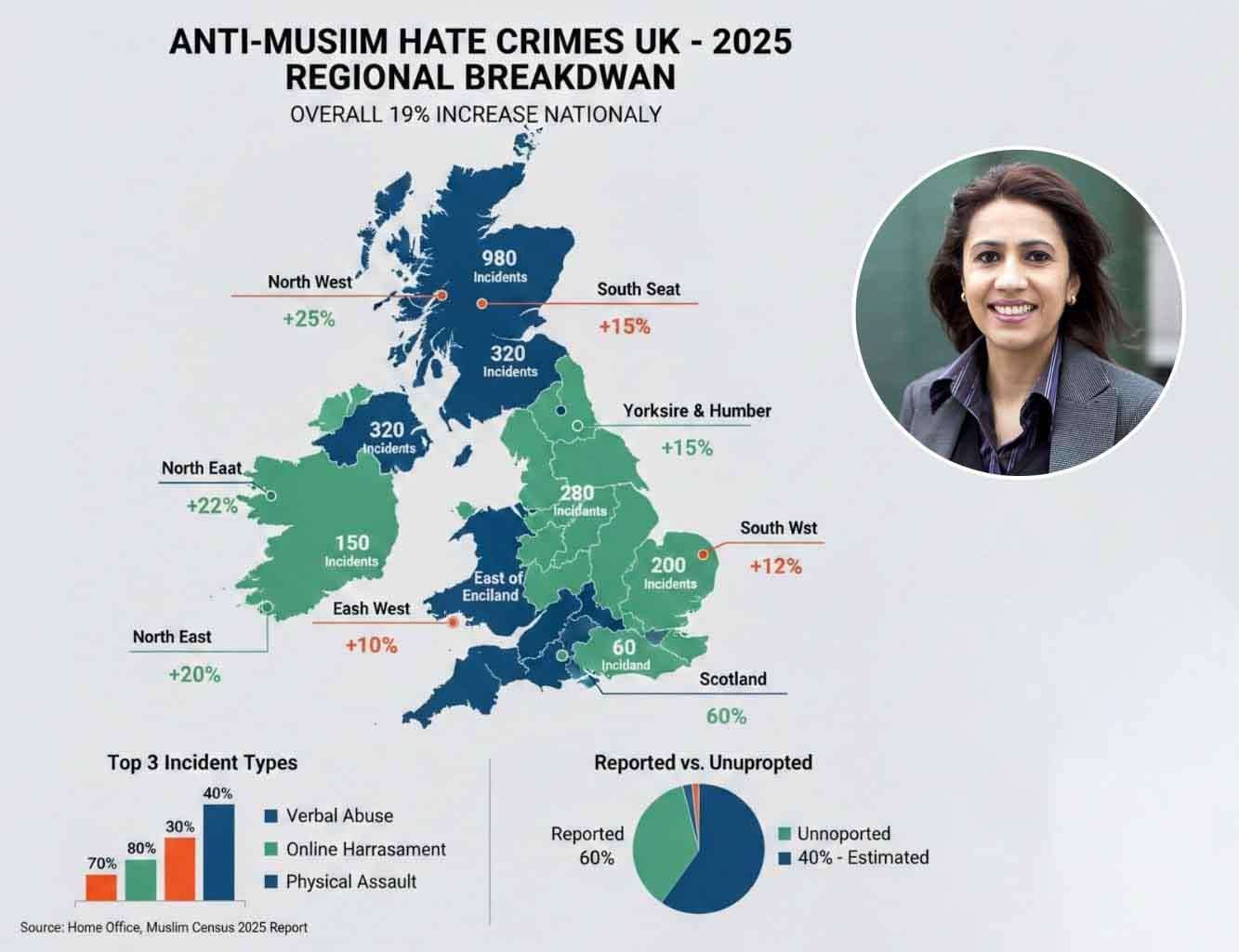Outrage is mounting over the hefty six-figure salaries pocketed by charity chief executives while frontline workers struggle on modest wages, a disparity that many believe is deterring public donations. As Eid Ul Adha approaches, with its emphasis on supporting relatives and the less fortunate through Qurbani, this controversy casts a shadow over charitable giving.
Olivia, a dedicated charity shop worker earning just under £23,000 annually, shared her frustration with The Telegraph. Despite long hours, few breaks, and a deep personal connection to the cause her charity supports, requests for a pay raise are consistently met with claims of insufficient funds – while those at the top continue to draw substantial six-figure salaries. This occurs even as vital services are cut, charity shops close, and frontline staff face redundancies.
This issue has ignited widespread public anger, with online forums and comment sections flooded with criticism. One reader commented, "One look at the salaries executives pay themselves is enough to put anybody off giving." Another echoed this sentiment, stating, "The real reason people aren't giving to charities any more is because we, the people, have cottoned on to the fact that charity bosses overpay themselves."
Examples fueling this discontent include Gemma Peters, chief executive of cancer support charity Macmillan, who earns £190,000 annually. This is despite the organisation recently announcing significant cuts, including 400 job losses and the closure of its £14 million financial grants programme. Adding to the perceived hypocrisy, Macmillan is now advertising for a new director of strategy with a salary of up to £119,000 – one of several senior roles offered at six-figure pay levels.
Similarly, Scope, which is cutting up to 124 jobs, compensates its CEO Mark Hodgkinson with £150,000. Age UK's Paul Farmer earns £192,000, while Michelle Mitchell of Cancer Research UK receives a base salary of £276,000, even as her organisation faces a 19% funding reduction compared to five years ago. Sources indicate that at least 270 charity executives in the sector earn over £100,000, often funded directly or indirectly by public donations and government grants.
While the Charity Commission states that chief executive pay must be "reasonable" and justified, its powers to intervene are limited. Charity bosses often defend their high salaries by arguing that managing large, complex organisations with national reach requires significant expertise and experience. Orlando Fraser, chair of the Charity Commission, acknowledged the differing perspectives, stating that while some view these sums as excessive, others consider them the market rate.
However, for many frontline charity workers, the vast pay gap is deeply demoralizing. A senior charity shop manager in the north of England highlighted the growing disconnect between head office and local operations, with staff feeling undervalued and resentful of the substantial salaries enjoyed by those at the top. This sentiment suggests that the issue extends beyond mere monetary concerns, reflecting a perceived lack of empathy and a questionable sense of priorities within the charity sector.
Research from nfpResearch indicates a significant decline in public trust in charities in recent years, with concerns about executive pay consistently cited as a major contributing factor. As the spirit of giving during Eid Ul Adha encourages donations, many are now urging donors to prioritize direct support to those in need, especially relatives struggling to afford Qurbani, rather than contributing to organisations where a significant portion of funds may be allocated to executive salaries.








.svg)


